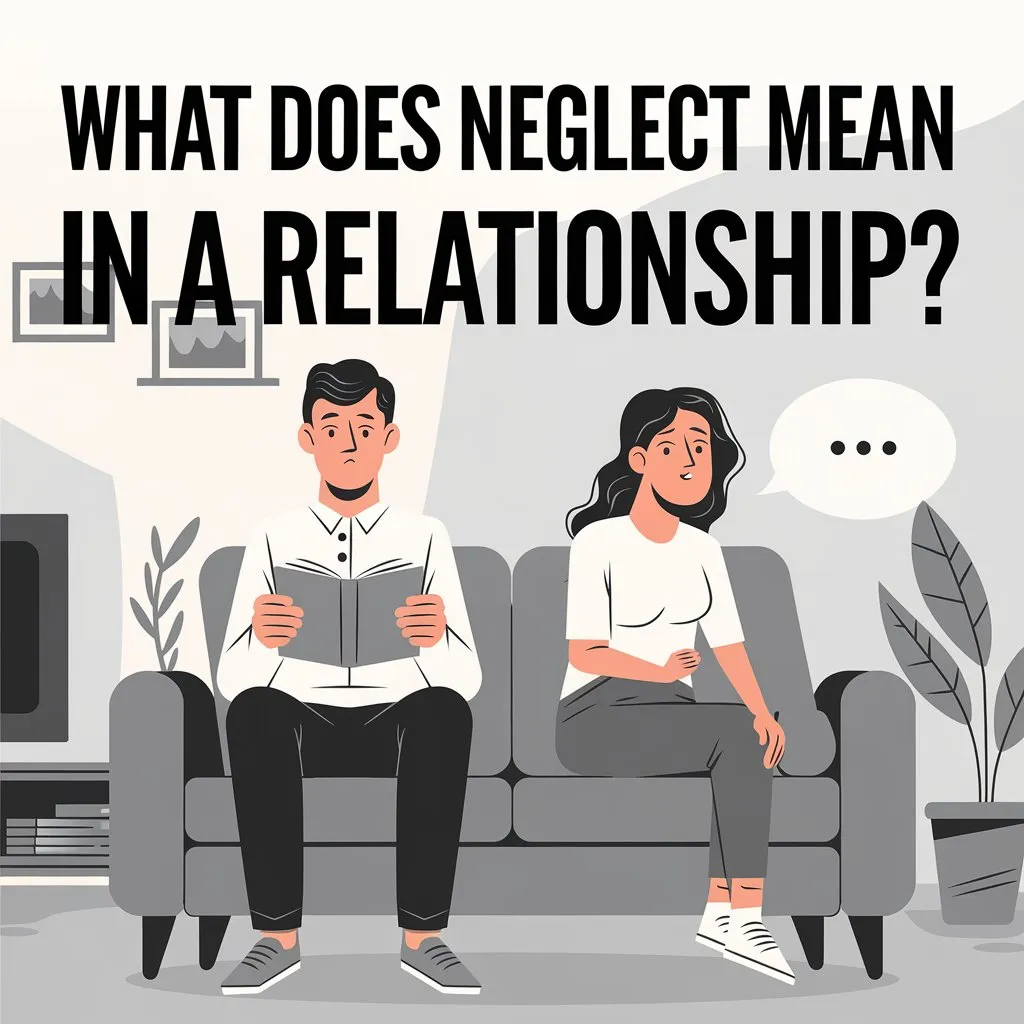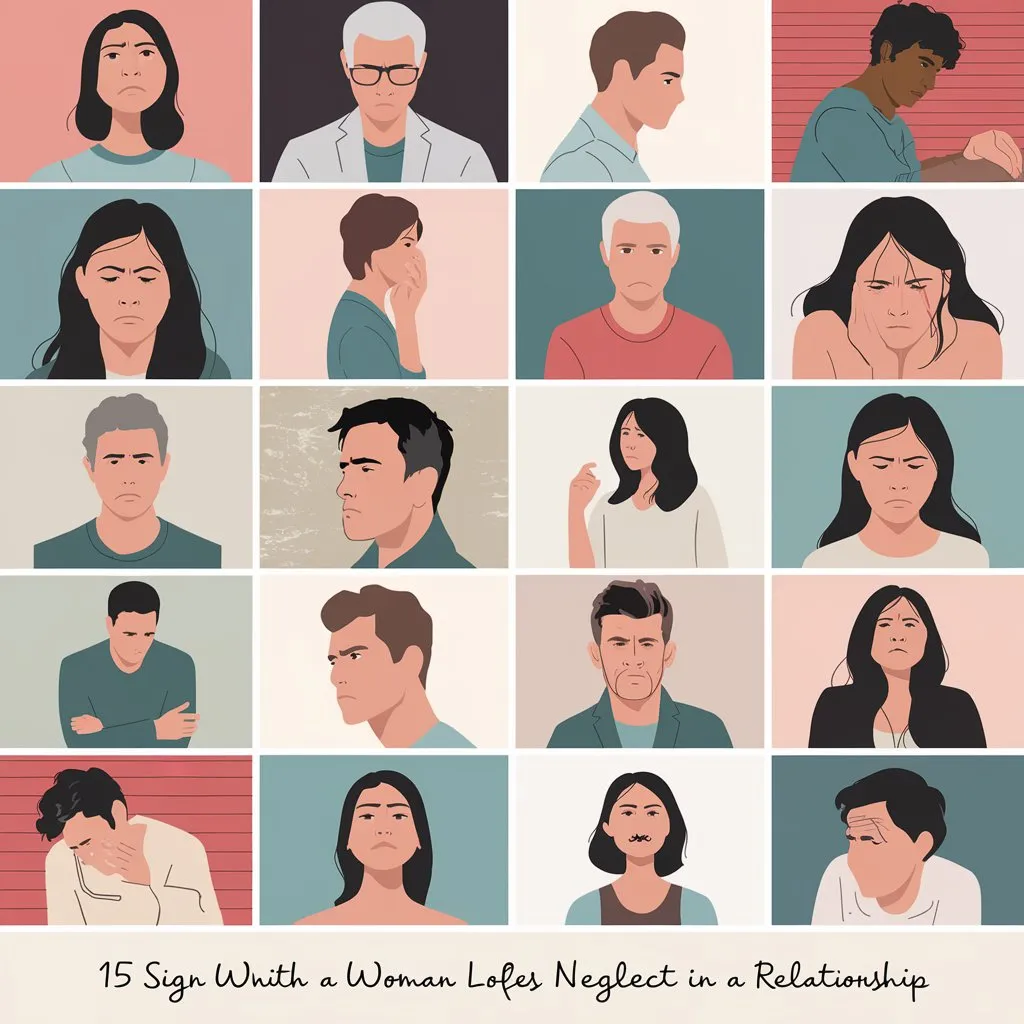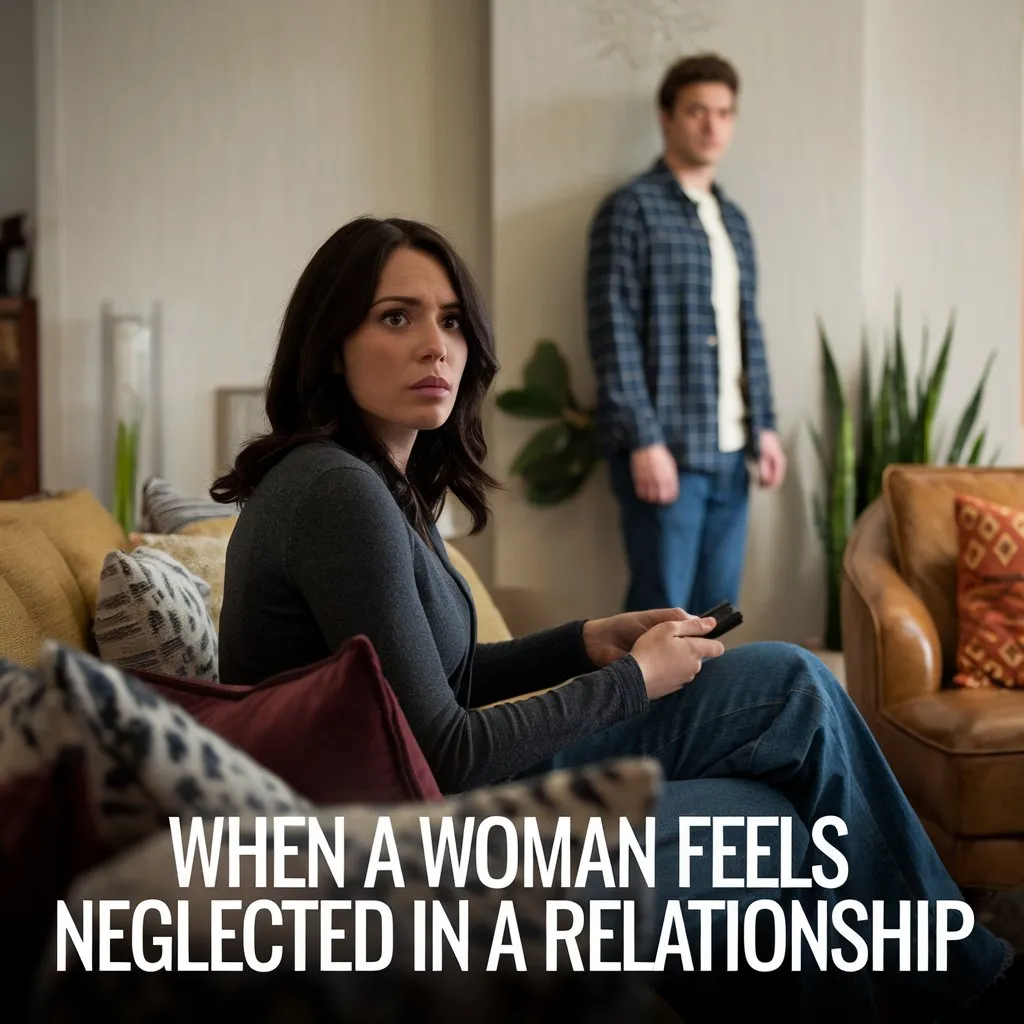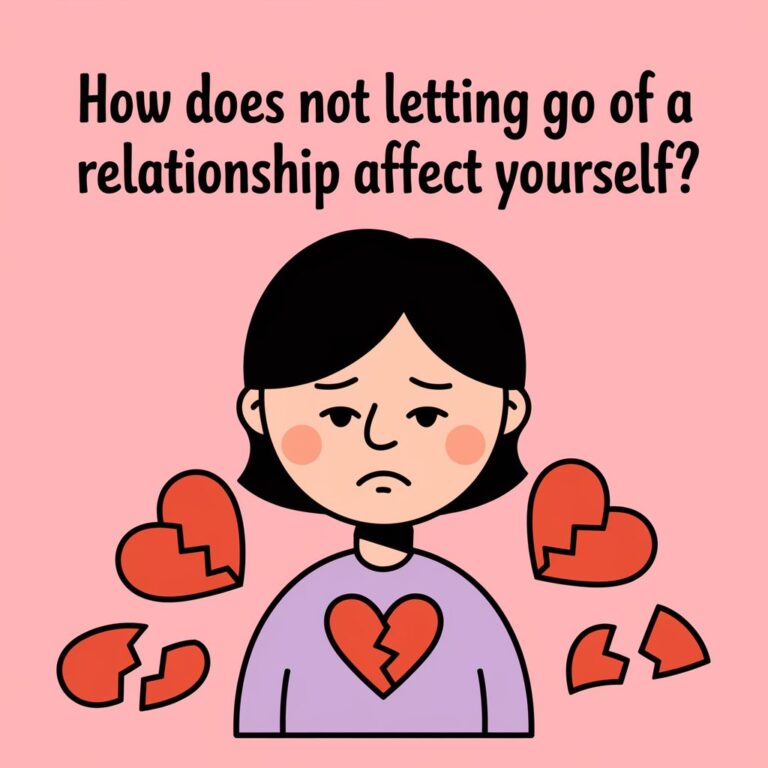Relationships form the foundation of emotional connection, intimacy, and support between partners. They thrive when both individuals put in effort, communicate openly, and nurture the bond with affection. However, when one partner feels neglected, it can deeply impact the relationship, leading to emotional distance and dissatisfaction. In many instances, when a woman feels neglected in a relationship, the signs may be subtle but deeply significant, indicating the need for immediate attention. This article delves into the 15 common signs when a woman feels neglected in a relationship, explores the reasons behind these feelings, and offers actionable advice to address the issues and restore the connection.
What Does Neglect Mean in a Relationship?

Neglect in a relationship occurs when one partner feels overlooked, unappreciated, or emotionally unsupported. It isn’t always intentional, but its effects can be profound. When neglect becomes a pattern, it can create emotional distance and lead to feelings of loneliness, insecurity, and resentment. In many cases, a woman may feel that her efforts, emotions, or presence are not valued, which can significantly affect her sense of worth and happiness within the relationship.
Why Might a Woman Feel Neglected in Her Relationship?
When a woman feels neglected in a relationship, several factors may contribute to these emotions. Understanding these reasons can help in addressing and resolving the issue.
1. Lack of Communication
Communication is essential for any relationship. When it diminishes, a woman may start feeling ignored or unimportant. If conversations become rare or superficial, she may interpret this as a lack of interest from her partner, leading to emotional withdrawal.
2. Busy Schedules and Life Stressors
Modern life comes with a lot of responsibilities—work, family, and social obligations. When these demands take priority over the relationship, she may feel that her needs and feelings are no longer a priority. The absence of quality time together can make her feel like an afterthought.
3. Decrease in Physical and Emotional Intimacy
Physical and emotional intimacy are critical components of a strong relationship. When these aspects start to fade, a woman may feel unloved and neglected. Whether it’s a lack of affection, reduced physical contact, or a decrease in emotionally connecting moments, these signs can be deeply hurtful.
4. Unresolved Conflicts
When conflicts remain unresolved, they can build emotional barriers. A woman may feel neglected when her concerns are not addressed or when arguments are brushed aside without resolution. This can lead to feelings of isolation and emotional distancing.
5. Feeling Unappreciated
If a woman feels that her efforts and contributions are unrecognized, she may begin to feel undervalued. Whether it’s her emotional support, household contributions, or efforts to keep the relationship healthy, a lack of appreciation can significantly contribute to feelings of neglect.
15 Signs When a Woman Feels Neglected in a Relationship

When a woman feels neglected, it often manifests in specific behaviors or changes in her attitude. Recognizing these signs can help address the issue before it escalates.
1. Emotional Withdrawal
One of the earliest and most common signs is emotional withdrawal. A woman who feels neglected may become distant, less expressive, or unresponsive to conversations and emotional engagements. She may seem disinterested, as if she’s building a wall to protect herself from further emotional harm.
2. Loss of Interest in Intimacy
When a woman no longer feels valued, she may lose interest in physical intimacy. This is not just about sexual connection; it also includes simple touches, hugs, or holding hands. If she starts avoiding physical closeness, it’s often a sign that she’s feeling emotionally disconnected.
3. Reduced Communication
If she no longer initiates conversations or seems reluctant to talk, it could indicate that she feels her voice is unheard. Reduced communication may manifest as one-word replies, lack of enthusiasm, or avoidance of meaningful discussions, showing that she feels her thoughts are no longer valued.
4. Increased Irritability and Frustration
Feelings of neglect can lead to irritability and frustration. When she frequently seems annoyed or overly sensitive, it might be her way of expressing her emotional pain. Minor issues may trigger her, as she feels her efforts to communicate her feelings have been disregarded.
5. No Longer Making Plans Together
If she used to plan activities, date nights, or trips but has stopped, it’s a sign she may no longer feel invested in the relationship. She may feel that her efforts go unnoticed, leading her to withdraw her enthusiasm for spending time together.
6. Seeking Attention from Others
Feeling neglected can drive her to seek emotional support or validation outside the relationship. This doesn’t necessarily mean infidelity; she may turn to friendship, family, or even social media to fill the emotional gap left by her partner.
7. Loss of Enthusiasm About the Future
When a woman feels neglected, she may show a lack of interest in discussing future plans or goals that once excited her. She may no longer engage in conversations about the future, as she questions her role and importance in her partner’s life.
8. Becoming Secretive
Neglect may lead a woman to keep things to herself rather than sharing them with her partner. She may start becoming more private about her activities, thoughts, or feelings, indicating that she no longer feels comfortable being open and transparent.
9. Expressing Loneliness
Even when physically present with her partner, she may express feelings of loneliness or isolation. This type of emotional pain highlights a lack of meaningful connection, where she feels unseen despite being together.
10. Decreased Effort in the Relationship
When she stops putting in effort—whether it’s showing affection, celebrating special occasions, or making thoughtful gestures—it’s a sign that she feels her contributions are not reciprocated or valued.
11. Spending More Time Alone
Choosing to spend time alone rather than with her partner could indicate that she feels more at peace by herself. It’s a coping mechanism when she no longer feels emotionally fulfilled or appreciated within the relationship.
12. Signs of Unhappiness or Depression
Neglect can take a toll on mental health. If she seems consistently down, unhappy, or displays signs of depression, it may be tied to her emotional state within the relationship. Her mood reflects the internal struggle she experiences from feeling unloved or undervalued.
13. No Longer Seeks Your Opinion
When she stops asking for your opinion or no longer seeks your validation, it could be because she feels her thoughts don’t matter to you. This behavior shows that she’s withdrawing emotionally and no longer values your input.
14. Bringing Up Neglect During Arguments
If she often mentions feeling neglected during disagreements, it’s an indication that she’s trying to express her emotional pain. This reveals a deeper issue that needs addressing and shouldn’t be dismissed as just an argument tactic.
15. Expressing Herself Through Quotes or Social Media
A woman feeling neglected might turn to social media or use quotes like “when a woman feels neglected in a relationship quotes” to express her feelings indirectly. These subtle messages are often cries for attention and an attempt to convey her emotional state.
How Does Neglect Affect a Woman Emotionally?
When a woman feels neglected, the emotional consequences can be severe, impacting her sense of security and self-worth. She may begin questioning her importance in the relationship, leading to self-doubt and emotional withdrawal. If these feelings persist, she may eventually disconnect from the relationship entirely, seeking validation and support elsewhere.
What Are the Dos and Don’ts When Dealing with Neglect in a Relationship?

Recognizing and addressing neglect is vital for restoring balance and connection. Here are some steps to help resolve these issues:
Dos:
- Communicate Openly: Encourage honest conversations about feelings and make her feel heard without judgment or defensiveness.
- Invest Time and Effort: Prioritize spending quality time together to rebuild emotional and physical intimacy.
- Show Appreciation: Acknowledge her efforts and express gratitude to help her feel valued and appreciated.
Don’ts:
- Avoid Ignoring Her Feelings: Dismissing her emotions or failing to address them can worsen the situation.
- Don’t Place Blame: Avoid blaming her for feeling neglected; instead, focus on understanding her perspective.
- Avoid Seeking Distractions: Instead of diverting your attention elsewhere, invest energy in improving the relationship.
Conclusion
When a woman feels neglected in a relationship, the emotional impact can be profound. It’s important to recognize the signs early and take action to rebuild the connection and ensure that both partners feel valued and loved. Understanding the causes, effects, and solutions for neglect is crucial for maintaining a strong, supportive partnership. By being attentive, empathetic, and proactive, couples can work together to create a nurturing and lasting bond. Maintaining a healthy relationship requires consistent effort, open communication, and understanding from both individuals, ensuring that neither partner feels neglected or undervalued.
FAQs
1. What Are the Common Signs of Neglect in a Relationship?
Neglect can manifest in various ways, such as emotional withdrawal, reduced communication, avoidance of physical intimacy, and a lack of enthusiasm for future plans. Recognizing these signs early can help in addressing the issue before it worsens.
2. How Can You Tell if Your Partner Feels Neglected?
If your partner becomes distant, irritable, or less communicative, it may indicate they feel neglected. They may also express dissatisfaction indirectly through social media posts or by avoiding time spent together.
3. Can a Busy Schedule Cause Emotional Neglect in a Relationship?
Yes, when partners become too focused on their responsibilities, work, or social commitments, they may unintentionally neglect each other’s emotional needs. It’s essential to prioritize quality time despite busy schedules to maintain a strong connection.
4. How Does Unresolved Conflict Lead to Neglect?
When conflicts are not resolved, they create emotional distance. A woman may feel her concerns are unimportant if issues are constantly brushed aside, causing her to feel isolated and neglected.
5. Why Might a Woman Seek Validation Outside the Relationship?
When her needs for affection, attention, or communication are unmet, she may turn to friends, family, or even social media for emotional support, seeking the connection she lacks in her relationship.
6. How Does Emotional Neglect Impact a Woman’s Mental Health?
Emotional neglect can lead to feelings of loneliness, depression, and low self-esteem. A woman may start questioning her worth and may become emotionally distant or withdrawn, affecting her overall mental health.
7. Is Physical Intimacy Important in Preventing Emotional Neglect?
Yes, physical intimacy—like simple gestures of affection—helps strengthen emotional bonds. A lack of physical closeness can cause a woman to feel disconnected, leading to feelings of neglect.
8. What Are the Long-Term Effects of Feeling Neglected in a Relationship?
Long-term neglect can result in a loss of emotional connection, increasing the chances of separation or seeking emotional support elsewhere. It can also lead to trust issues and a lack of motivation to invest in the relationship.
9. How Can Partners Effectively Address Feelings of Neglect?
Open communication is key. Partners should engage in honest conversations, prioritize quality time, and express appreciation to rebuild trust and emotional closeness. Seeking counseling can also be beneficial if needed.
10. Are There Ways to Prevent Neglect in a Relationship?
Yes, maintaining consistent communication, showing appreciation, resolving conflicts promptly, and dedicating time for intimacy and bonding activities can help prevent feelings of neglect and strengthen the relationship.




